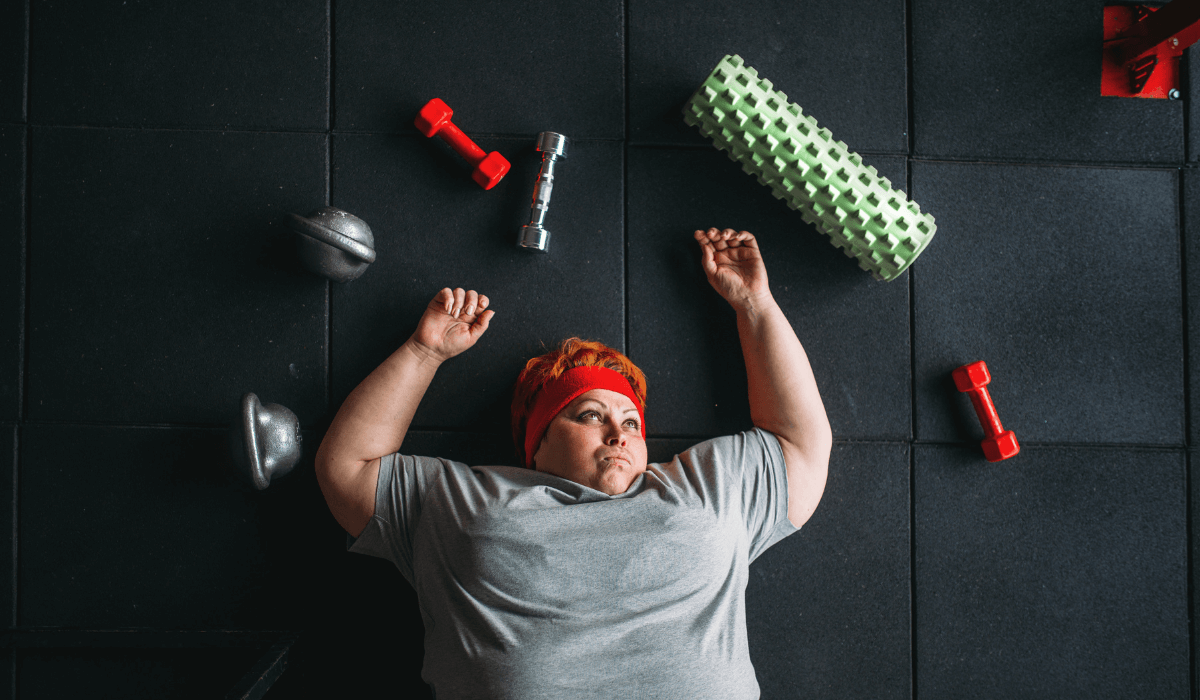How Many Calories Do You Burn Sleeping

Have you ever wondered how many calories you burn while sleeping? It might surprise you to know that your body is still working even when you’re fast asleep. In this article, we will explore the science behind how many calories you burn sleeping and what factors affect this number.
What is Resting Metabolic Rate?
Resting metabolic rate (RMR) is the number of calories your body burns at rest. This includes when you’re sleeping, sitting, and just going about your day-to-day activities. RMR is the minimum amount of energy required to keep your body functioning, such as keeping your organs working and maintaining your body temperature.
How Many Calories Do You Burn Sleeping?
On average, an adult burns around 0.42 calories per pound of body weight per hour of sleep. So, if you weigh 150 pounds and sleep for 8 hours, you would burn approximately 504 calories. However, this number can vary depending on several factors.
- Age
As you age, your RMR decreases, which means you burn fewer calories at rest, including while sleeping. This is because as you get older, your body tends to lose muscle mass, and muscle burns more calories than fat.
- Gender
Men tend to have a higher RMR than women, which means they burn more calories at rest, including while sleeping. This is because men generally have more muscle mass than women.
- Body Composition
Your body composition, or the ratio of muscle to fat, can affect how many calories you burn while sleeping. As mentioned before, muscle burns more calories than fat. So, if you have a higher muscle mass, you will burn more calories even while you’re sleeping.
- Sleep Quality
The quality of your sleep can also affect how many calories you burn while sleeping. If you’re getting enough restful sleep, your body can enter the REM (rapid eye movement) phase, which is when your body burns the most calories.
- Health Conditions
Certain health conditions, such as hypothyroidism, can affect your RMR, which can affect how many calories you burn while sleeping.
Can Sleeping Help You Lose Weight?
While sleeping alone won’t make you lose weight, it can be a part of an overall weight loss plan. If you’re getting enough sleep and allowing your body to enter the REM phase, you could burn more calories while sleeping. However, it’s important to note that quality sleep is crucial for weight loss, as sleep deprivation can lead to overeating and a slower metabolism.
Other benefits of getting enough sleep
Getting enough sleep has numerous benefits beyond just maintaining a healthy weight. Here are some other ways that adequate sleep can benefit your overall health:
1. Improved cognitive function: Sleep plays a crucial role in brain function and helps consolidate memories and learning. Getting enough sleep can improve concentration, productivity, and decision-making skills.
2. Reduced risk of chronic diseases: Poor sleep has been linked to an increased risk of chronic diseases such as diabetes, heart disease, and obesity. Getting enough sleep can help reduce these risks and improve overall health.
3. Boosted immune system: During sleep, the body produces cytokines, which help fight infection, inflammation, and stress. Getting enough sleep can help strengthen the immune system and reduce the risk of illness.
4. Improved mental health: Lack of sleep has been linked to depression, anxiety, and other mental health disorders. Getting enough sleep can help regulate mood and improve overall mental health.
5. Increased athletic performance: Sleep is essential for muscle recovery and repair, which is crucial for athletes and those who engage in regular physical activity. Getting enough sleep can improve athletic performance and reduce the risk of injury.
Lifestyle changes that can help improve sleep
If you struggle with getting enough sleep or have trouble falling asleep, there are some lifestyle changes you can make to improve your sleep quality. Here are some tips:
1. Stick to a consistent sleep schedule: Going to bed and waking up at the same time every day, even on weekends, can help regulate your body’s internal clock and improve sleep quality.
2. Create a relaxing bedtime routine: Establishing a relaxing routine before bedtime, such as taking a warm bath, reading a book, or listening to soothing music, can help signal to your body that it’s time to sleep.
3. Make your bedroom conducive to sleep: Keep your bedroom cool, dark, and quiet, and invest in a comfortable mattress and pillows. Remove any distractions, such as electronics or clutter, that can interfere with sleep.
Conclusion
While it might not seem like it, your body is still working even when you’re sleeping, and you’re burning calories. On average, an adult burns around 0.42 calories per pound of body weight per hour of sleep. However, several factors can affect this number, including age, gender, body composition, sleep quality, and health conditions. While sleeping alone won’t make you lose weight, it can be a part of an overall weight loss plan.
RECENT ARTICLES
